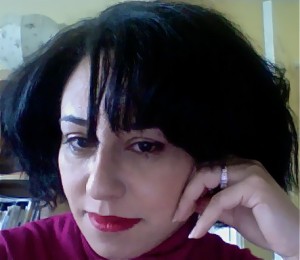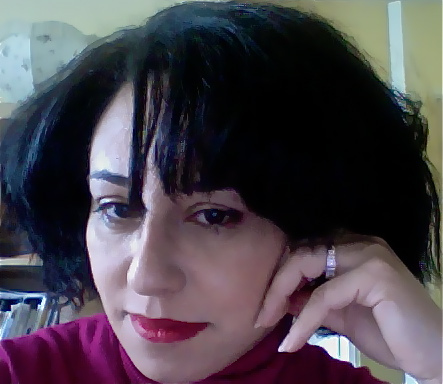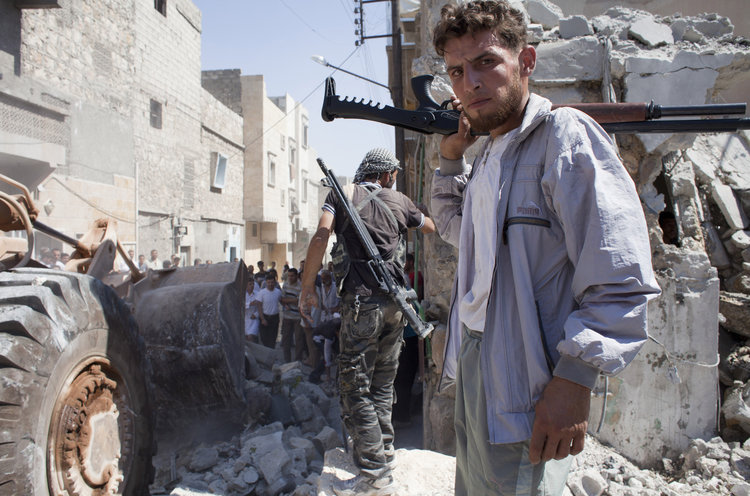
By Nervana Mahmoud
For years, Turkey’s Prime Minister Recep Erdogan was generally considered an example of “moderate Islamism”, a loose label that was generally based on a comparison with other Islamist dictatorships, like Iran, or with the various semi-secular autocratic regimes that dot the Arab and Muslim world. There was never a comparison with a liberal Muslim democracy, simply because none existed.
In other words, Erdogan earned his credential as the moderate, Islamist democrat in the Middle East, partly because of his success in Turkey, but also due to the lack of any democratic competitors. Admittedly, it was not just the west that labeled Erdogan as a “moderate”, but this pseudo concept was also popular in the Arab and Muslim world. A mixture of glamorous soap operas, exotic cities and beaches, and vibrant economic growth has led many Arabs to build a very idealistic image of Muslim Turkey.
On 27 May, this mirage was crushed with the eruption of protests and the ruthless police brutality in response. The eyes of many Arabs were opened to the illiberal side of Turkey; tense and divided and struggling to harmonise religion with politics. Watching the uncompromising Erdogan dismiss his opponents and blame “foreign fingers” has alarmed many in the Arab world, demonstrating that even “moderate Islamists” have strong autocratic tendencies. The myth of foreign fingers is entrenched inside the minds of not just newly-elected, insecure leaders, such as President Mohamed Morsi of Egypt’s Muslim Brotherhood, but also well established, successful democrats like Erdogan.
Erdogan’s understanding of democracy, as described aptly by Mustafa Akyol, has not been liberal and participatory, and instead has grown increasingly intolerant of criticism and an independent media. It is doubtful that Erdogan appreciates the negative impacts of his illiberalism on Turkey, and what is even more alarming is that his illiberalism has serious repercussions for the greater Middle East.
First, it has widened the polarisation between Islamists and non-Islamists in the Arab world, who from day one of the protest decided to blindly support their respective camps. Second, it gives many dictators in the region a chance to tarnish in the minds of their own people any idealistic notion of a “Turkish model”. Third, and most importantly, Erdogan’s attitude has finally exposed the myth of moderate Islamism, and the risks and impacts of illiberal democracies to his broader followers in the region who are relentlessly fighting against tyranny, while also struggling to forge their own identities, and were looking for Turkey as a model for them.
The old days of Turkey, when its domestic politics had no wider regional implications are now long gone. Going forward, what starts in Turkey will never just stay in Turkey. The spreading soft influence of the neo-Ottomans on the wider Middle East comes attached with a unique string; it brings more scrutiny and expectations from the Arab public at large who expect more from their Turkish role model.
Earlier this week, Turkish foreign minister Ahmet Davutoglu allegedly told US secretary of state John Kerry, “Turkey is not a second-class democracy.” Indeed, Turkey has had a well-established democracy since the 1950s; but was it ever first class or is it now second-class? That’s debatable.
In the past, the political role of the military and the extreme nationalism of its secular parties rendered it on many occasions more like a second-class democracy. Now the illiberal approach of its leadership to the current wave of protests is risking a fall back to a second-class status.
Erdogan has achieved a great deal for Turkey and he deserves applause and support; however, if he continues to listen only to his faithful supporters, he risks obstructing Turkey’s progress, by aggravating the tense polarisation that is currently pervading the country. In fact, by failing to provide a true liberal Islamic model, he might indirectly doom the wider Middle East to a new form of illicit autocracy, which emerges through the ballot box.
Muslims deserve a first-class democracy, a liberal democracy that accommodates their religious identity without compromising their freedom. Currently, none exists and this is precisely why Turkey matters. It has the ingredients for this much-needed model, but it is up to Turkish leadership and the Turkish people to embrace it.
Meanwhile, it’s time to stop using the term “moderate Islamists”. Whatever the outcome of the current crisis in Turkey, this flawed term is incorrect and frankly patronising, as it dooms Muslims to accept a less-than-perfect form of democracy. In the Muslim world, like in the rest of the world, there are only either true democrats or undercover autocrats. The use of any other description would only be a travesty on every level.
Nervana Mahmoud is a doctor, blogger and writer on Middle East issues. You can follow her on Twitter @Nervana_1


